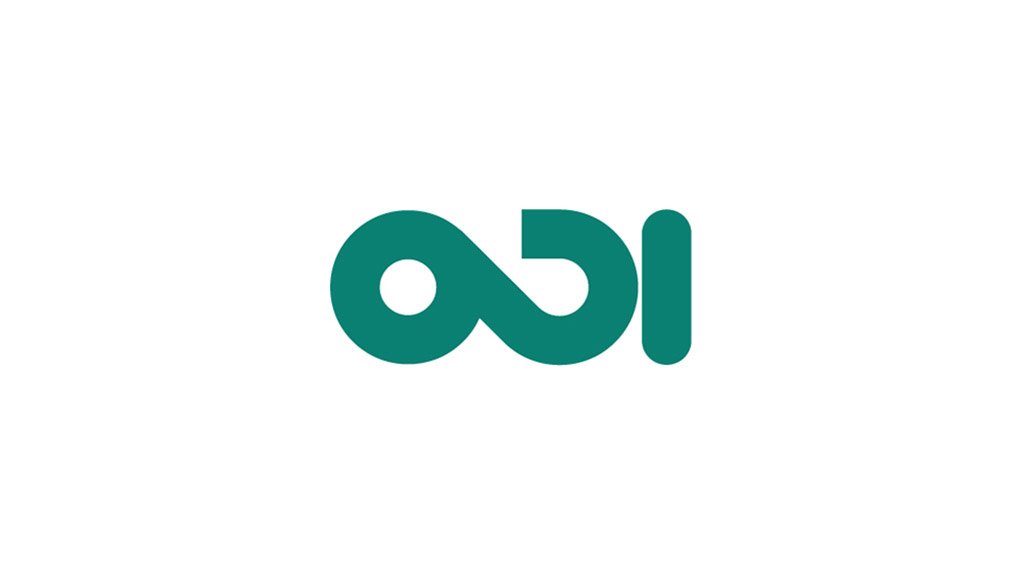- A fair share of climate finance? The collective aspects of the New Collective Quantified Goal0.59 MB
2024 is a critical year for international climate finance. Set to be agreed at COP29, it is hoped the New Collective Quantified Goal will learn from the challenges of its predecessor, the $100-billion climate finance goal.
With many elements of the NCQG yet to be agreed, a lot of attention is being paid towards the 'collective' aspects of implementation, whether that is a burden-sharing mechanism or a broadening of the contributor base, as highlighted by the co-chairs of the NCQG process. This was one of the main issues with delivering the $100-billion goal, and the failure of developed countries to achieve this goal by 2020 is largely due to the inability of the pledge to hold individual countries accountable.
Recognising this, ODI and the Zurich Climate Resilience Alliance (previously known as the Zurich Flood Resilience Alliance) have been exploring these two issues together for three years in our 'fair share' series.
Despite hitting the $100-billion goal two years late in 2022, over half of developed countries failed to contribute their 'fair share', with the US' paying just 32% and leaving a shortfall of over $30-billion. Italy, Canada, the United Kingdom, and Spain also failed to achieve their 'fair share'.
Given this, we present our updated findings regarding burden-sharing and broadening the contributor base in the hopes of supporting constructive deliberations around the NCQG over the critical months to come.
Report by the Overseas Development Institute
EMAIL THIS ARTICLE SAVE THIS ARTICLE ARTICLE ENQUIRY
To subscribe email subscriptions@creamermedia.co.za or click here
To advertise email advertising@creamermedia.co.za or click here











